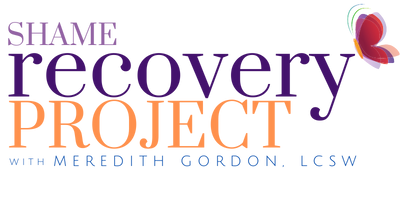by B.K. Jackson
B.K. Jackson is a journalist and editor and founder of Severance, an online magazine and community for people who’ve experienced DNA surprises or have been separated from biological family.
Somewhere in our bones, my brother and I knew that when our mother abandoned us, it must have been because we were bad. From that knowledge, shame grew—the tiny invisible seed that only thrives in darkness.
My father never said a harsh word about our mother after she left us when I was nine months old and my brother was four. But because he never said anything at all, we knew something bad must have happened. Over time, we became aware of the judgment and disapproval of others. A look, a gesture, a whispered innuendo. But just as often it was right out in the open. When I was a child, people would ask (as if I had the answer), “What kind of woman abandons her children and never returns?”
What kind of person asks a question like that of a small child?
She must have been a terrible person, they implied, or even said flat out. Their words landed somewhere deep and made me feel bad or wrong in ways I didn’t understand. Their words were like a stinging slap. I hid the shame, and it multiplied.
What had my mother done, I always wondered but dared not ask, that my family would refuse to talk about her? How bad could she have been that they would go to such lengths to pretend she’d never existed? How bad were we that she would leave us?
Once, when I was about ten or eleven, I ventured what I thought was an innocent question. I’d always observed parents and children—the resemblances and similar ways they moved and held themselves. It fascinated me and since, except for the dark curls like my father’s, I looked like no one else in my family, I wondered if I looked like my mother. I chose the most sympathetic of relatives to pose the question to—my aunt, my father’s sister. She’d always been kind and had loved us and we loved her. She’d never been a mother figure, but she’d taken us in and helped out whenever my father needed her.
“What did my mother look like?” I asked
“She looked like trouble. If I’d had a gun, I would have shot her.”
The words rang through me as if she had fired a shot. They ricocheted in my mind for years.
Much later, my brother recalled, she told him our mother had been a whore, that he’d been the outcome of a drunken fling at an office Christmas party. However kind she’d been to us, he understood she was calling him a little bastard. That people talked about him, about us.
My aunt watered the seed and the shame blossomed.
I’d always said I was fine—lucky even—not to have a mother, since so many mothers and daughters fought tooth and nail and drove each other crazy. I’d told myself I wasn’t angry. That I didn’t feel cheated.
I couldn’t say out loud how angry I was. Or that I’d been paralyzed by shame.
It took decades to understand that my brother and I bore no shame for her shortcomings. It took longer still to understand that shame needs to be named and recognized, owned and brought out of hiding—that it can’t survive in the light.
